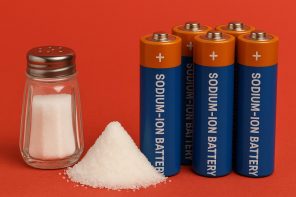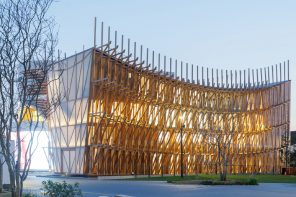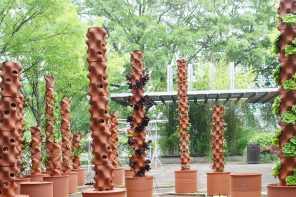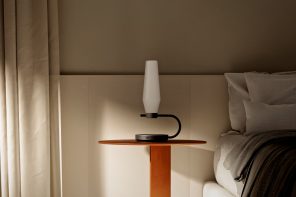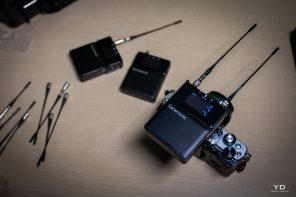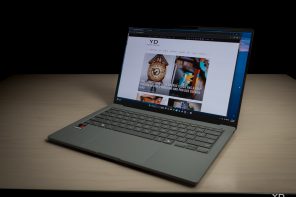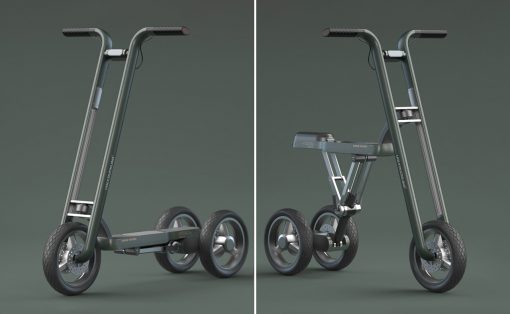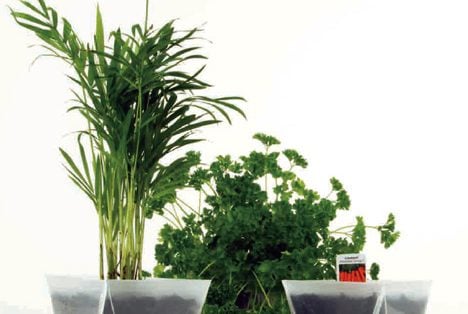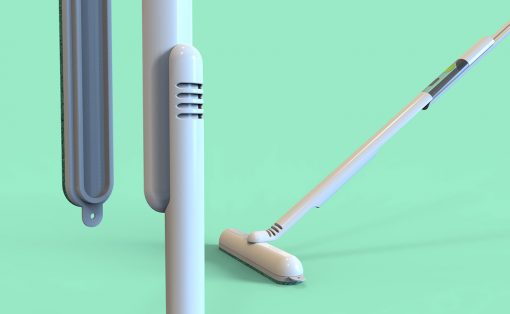Solar panels are a great renewable source of power and can be a huge help in reducing greenhouse gas emissions. How they look like seems pretty standard across the board, but there’s always room for improvement. For example, heritage and historical sites cannot have them on their roofs as there are limitations in how they should look like to maintain their status and significance. The more “modern” looking solar panels will not fit in or may not be allowed to mar the looks of these heritage buildings because of their “high visual impact”.
Designer: Dyaqua


Good thing someone has finally created solar panels that can be used for these historical buildings, at least if they have those barrel clay tiles. The Invisible Solar are panels that look like these clay tiles but actually have cells underneath them that will be able to generate solar energy and power the building they are placed on. The common monocrystalline silicon cells are made from non-toxic materials and are the “invisible” part of the solar panels. Each panel is able to reach 7.5 watt peak (peak energy capacity) and weighs around 2 kilograms each.


The ceramic tiles looks opaque but are still able to absorb the sun rays that will power the cells. This way, it can fit in right with the heritage buildings but are still able to help the site lessen its non-renewable energy consumption. They can be used for either siding or for pavement. Aside from the solar panel aspect, the Invisible Solar panels can also act as surface protection just like the usual housing tiles. They are even self-cleaning as it has photocatalytic properties.



Normally, these buildings and other archeological sites have a pretty high energy consumption so having an option to put in solar panels that can fit in with their look can help lessen their environmental impact. The panels are also recyclable so that it can complete the cycle and make it sustainable while still looking aesthetic.







